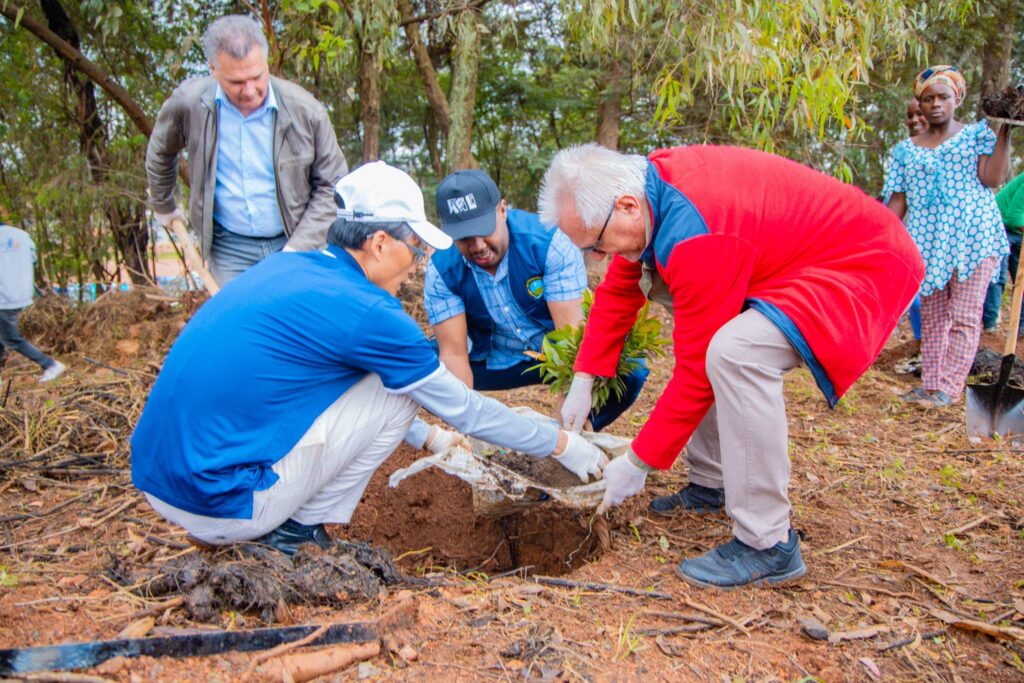
On Saturday, March 29, 2025 residents of Kigali City came together for the monthly Umuganda community service, focusing on environmental conservation and remembrance. This month’s activities were centered at the Nyanza Genocide Memorial in Kicukiro, where participants planted trees and cleaned the memorial grounds.
The event was attended by key government officials, including the Minister of Environment, the Minister of State in the Ministry of Infrastructure, and the Mayor of Kigali. Several ambassadors and diplomats from France, Senegal, Guinea, Ghana, Korea, Burundi, Ukraine, Morocco, Congo, Mozambique, Romania, the Central African Republic, Gabon, and Italy also took part. Guests from Malawi, Côte d’Ivoire, and Burkina Faso were present as well.
Mugabekazi Anne Marie, a Kigali resident, expressed her pride in participating in Umuganda, highlighting its role in honoring the memories of those lost during the Genocide against the Tutsi. She noted that the trees planted symbolize unity, strength, and resilience, and emphasized the power of collective action in achieving community progress.
In an interview, she stated:
“Participating in today’s Umuganda fills me with pride. It’s more than just planting trees; it’s about honoring the memory of those we lost during the Genocide and building a better future. These trees symbolize our unity, strength, and resilience. When we work together, we can achieve great things. Thank you for being part of this meaningful day.”
Speaking at the event, Kigali City Mayor Samuel Dusengiyumva highlighted the deep significance of planting trees at the Nyanza Memorial. He reminded participants that thousands of Tutsi were brutally murdered at this site during the 1994 Genocide against the Tutsi after being abandoned by Belgian forces at ETO-Kicukiro.
“This act of tree planting is more than just an environmental effort; it symbolizes life, remembrance, and resilience. By greening this sacred place, we ensure that the memory of those we lost is honored while also building a cleaner, greener Kigali,” he said
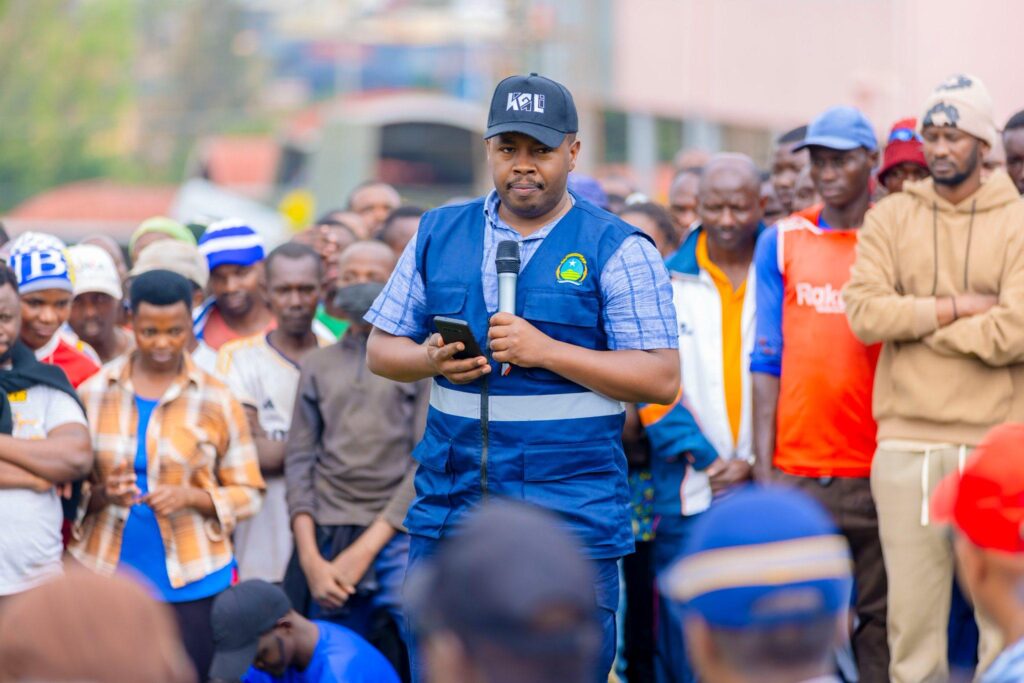
Minister of Environment Dr. Valentine Uwamariya urged residents to care for the trees they planted. “Trees are essential for the environment, but they need our commitment to thrive. I encourage everyone to water and protect them so they can grow into a lasting legacy for future generations.”
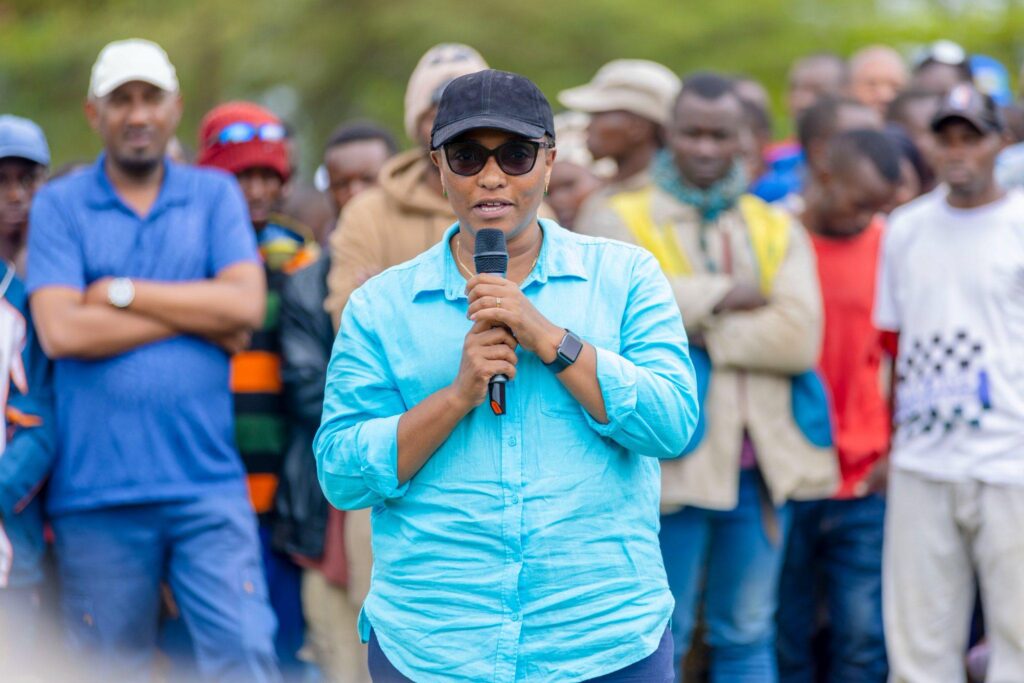
H.E. Doudou Sow, the Ambassador of Senegal to Rwanda and the representative of Francophone ambassadors in the country, praised Rwandans for their dedication to Umuganda. He emphasized that other nations should learn from Rwanda’s culture of community service.
“One person can achieve a lot, two people can do even more, but when an entire community comes together, the impact is immeasurable,” he said, encouraging continued collaboration and collective effort.
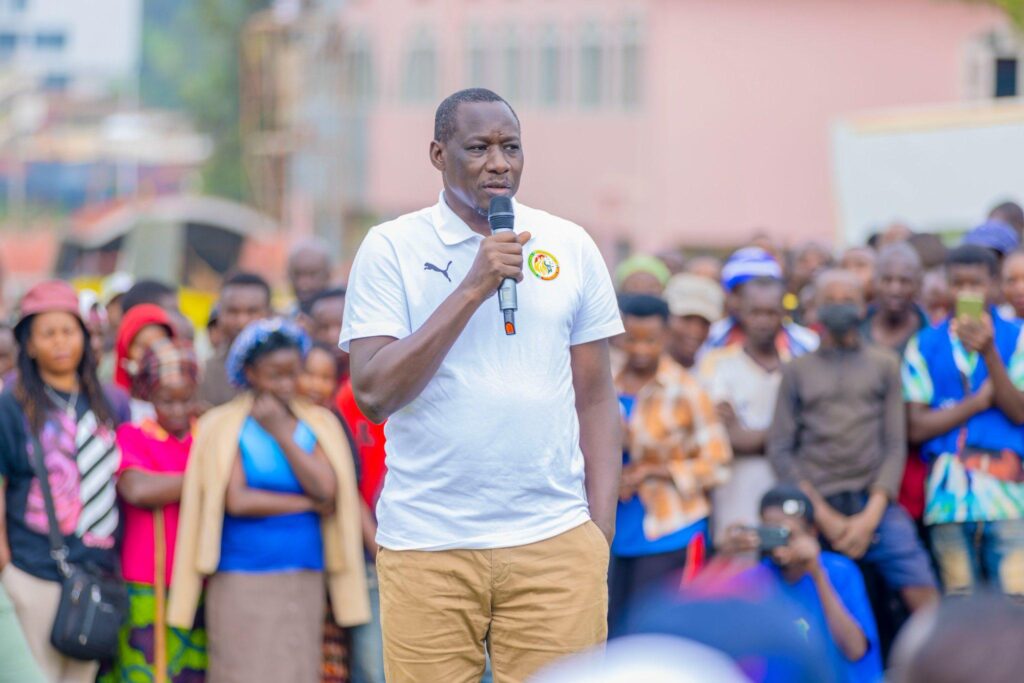
Beyond environmental conservation, the Umuganda initiative also reinforced a sense of unity and collective responsibility. Residents, local leaders, and international representatives worked hand in hand, emphasizing Rwanda’s strong culture of collaboration.
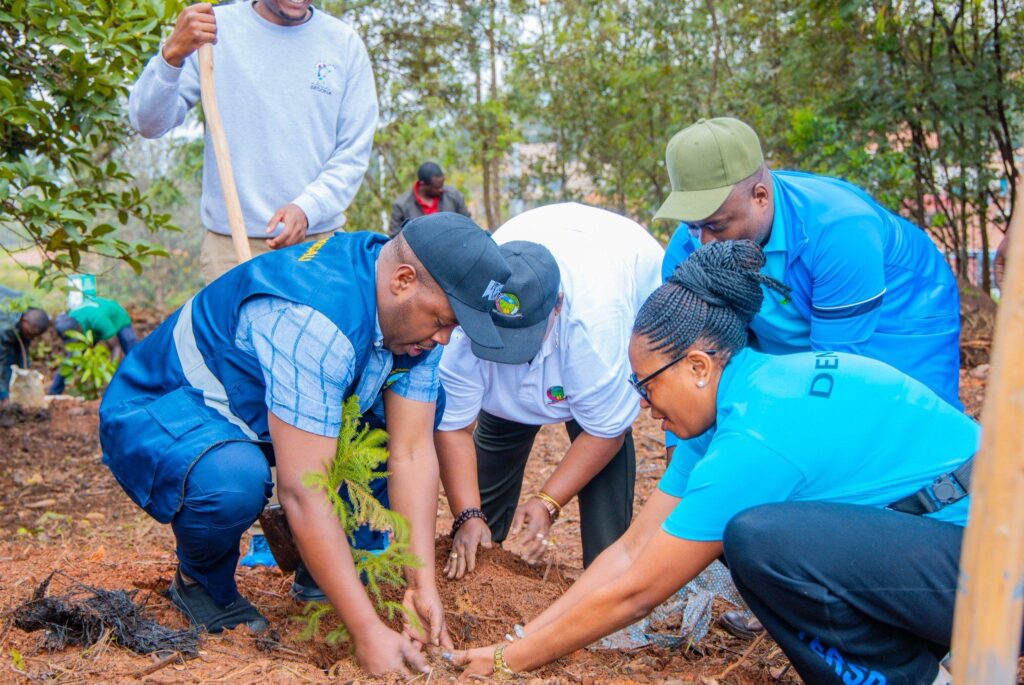
Participants left the event with a renewed sense of responsibility, recognizing that their efforts contribute not only to honoring history but also to building a cleaner, greener Rwanda. As a national initiative deeply rooted in the country’s culture, Umuganda continues to showcase the power of collective action, bringing together people from all walks of life to work toward a common goal. It is more than just a day of community service—it is a reflection of the values that define Rwanda: unity, resilience, and a commitment to sustainable development.
The involvement of government officials, diplomats, and ordinary citizens highlighted the importance of inclusive participation in national progress. By planting trees at the Nyanza Genocide Memorial, they not only paid tribute to the past but also took meaningful steps toward protecting the environment for future generations.
With every Umuganda, Kigali and the entire country reaffirm their dedication to environmental conservation, community-driven growth, and the spirit of togetherness that has been instrumental in shaping Rwanda’s development. Through such collective efforts, the nation continues to set an example of sustainable urban planning and environmental stewardship, ensuring that the lessons of the past help shape a brighter and greener future.
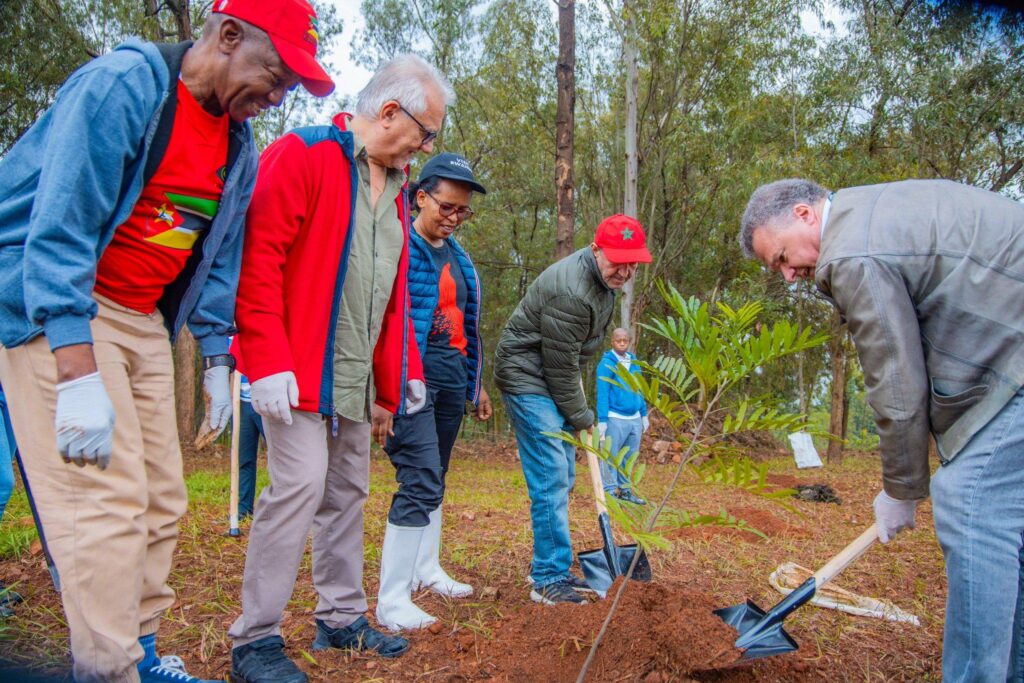
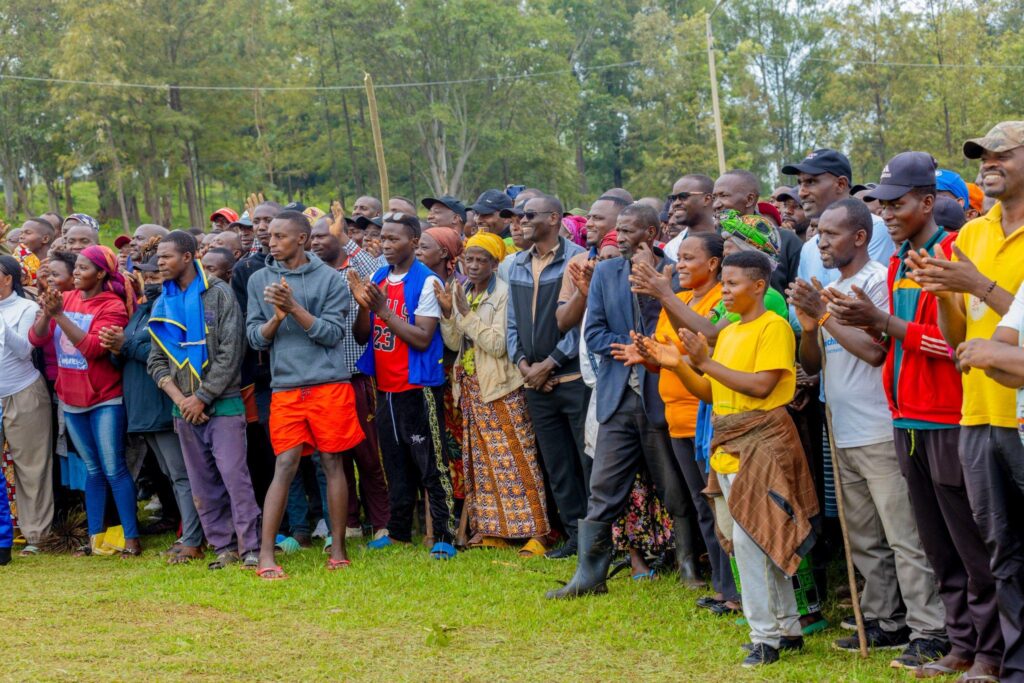
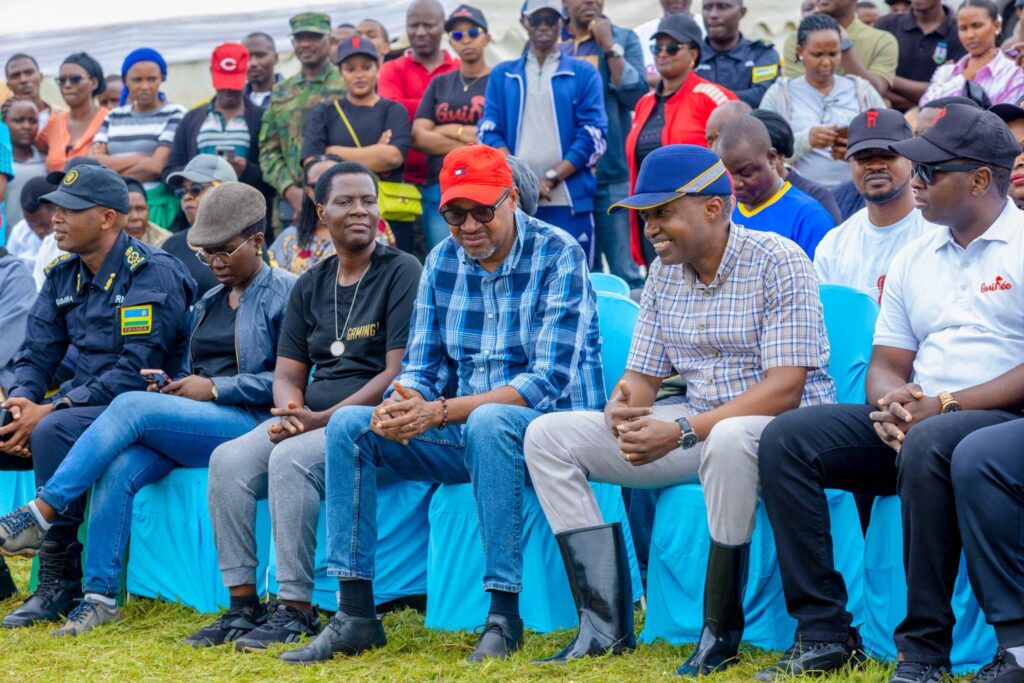
By Jean de Dieu Nduwayezu: SECOTO Magazine EAC’s Chief Editor




